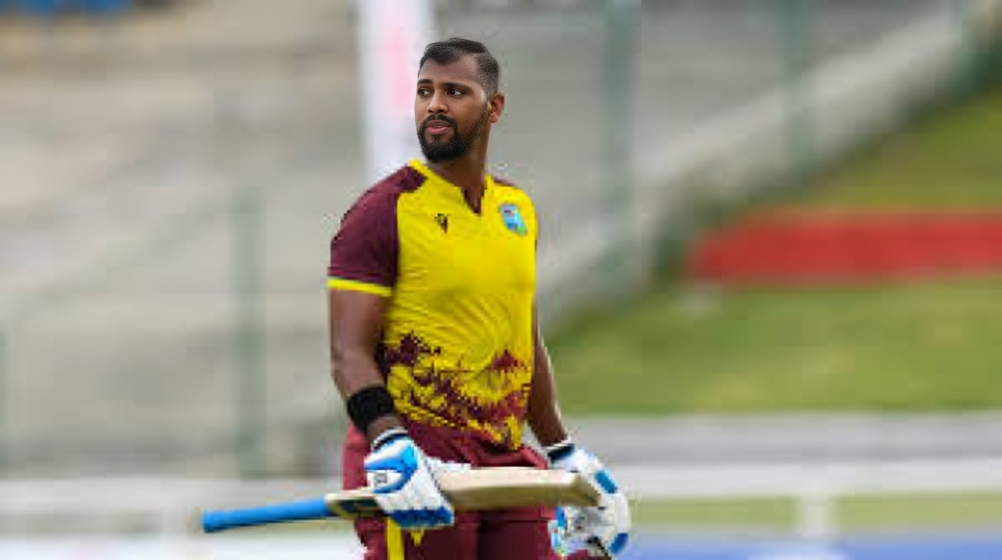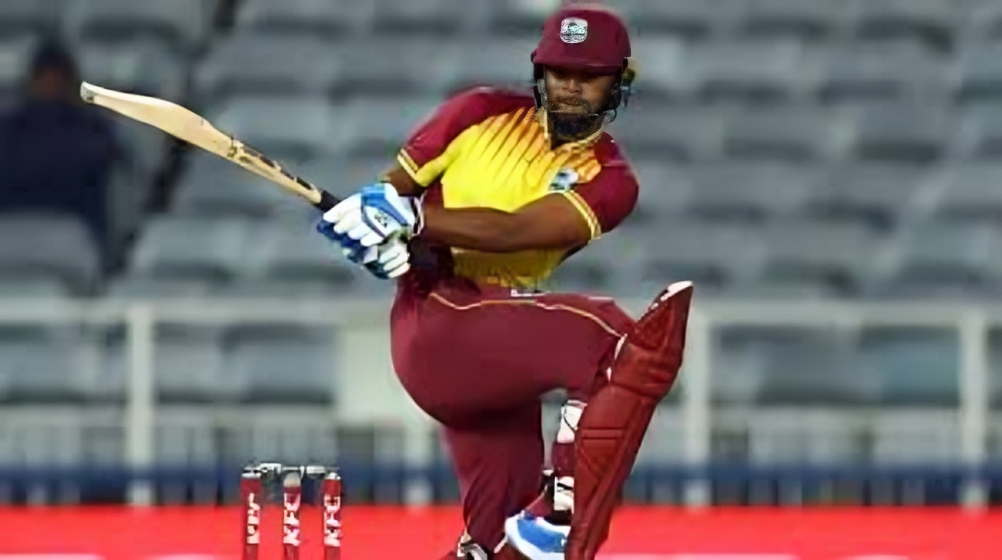Nicholas Pooran’s shocking retirement from international cricket at just 29 has left cricket fans around the world stunned. This isn’t just another player retiring—it’s a clear signal of a bigger shift happening in world cricket.
Pooran, well known for his aggressive batting and finishing skills, had become a key player for the West Indies. Since making his debut in 2016, he played 61 ODIs and 106 T20Is for his country. His brilliant performances in IPL 2025 made him a global T20 star, admired for his power hitting and match-winning abilities.
So why did he retire now, at a stage when most cricketers hit their peak?
Why Pooran’s Retirement Is Different
Many senior players like Virat Kohli, Rohit Sharma, Glenn Maxwell, and Heinrich Klaasen have recently retired from some or all formats of international cricket. But they were all in their mid or late 30s. Pooran is just 29, with several years of cricket still ahead of him.
The real reason lies in the changing priorities of modern cricketers. With the rise of T20 leagues worldwide—like IPL, PSL, BBL, and others—players are finding more money, global fame, and flexible schedules in franchise cricket compared to international cricket.
Why play a long, tiring international season when a few months in leagues can set you up financially for life?
West Indies Cricket and Its Longstanding Issues

For West Indies players, this issue goes even deeper. Poor cricket administration, weak financial systems, and years of player-board conflict have pushed many talented players away from wearing the West Indies jersey.
Pooran’s retirement is a fresh reminder that unless boards fix these issues, more players will continue to choose personal stability over national representation.
It’s Not Just About Money
Critics often accuse such players of being “greedy.” But that’s an unfair argument. For modern athletes, cricket is a career. Like any profession, they must think about financial security, their families, and their long-term future. Patriotism alone can’t pay the bills.
For many, franchise cricket offers better pay, fewer risks, and more control over their schedules and lives.
What Cricket Boards Must Do Now
Nicholas Pooran’s retirement is a warning for cricket boards everywhere. They must ask themselves tough questions:
- Are we doing enough to keep players interested in international cricket?
- Are we providing enough incentives and career security?
- Are we listening to players’ concerns?
If boards don’t adapt, they risk losing more young talent to the franchise system.
The Road Ahead
To stop this growing trend, boards need better solutions:
- Flexible Contracts that allow players to balance both formats.
- Competitive Pay to match league offers.
- Transparent Communication between players and administrators.
- Future Planning for players’ careers post-retirement.
If cricket’s global guardians fail to act, Pooran’s retirement may just be the beginning of a bigger shift away from international cricket.
Nicholas Pooran’s early retirement is not just personal news—it’s a clear signal that international cricket needs urgent change. Boards must act fast, or the global cricketing balance could shift permanently toward leagues.
T20 Mumbai League: Suryakumar Yadav Confident of Title Win

